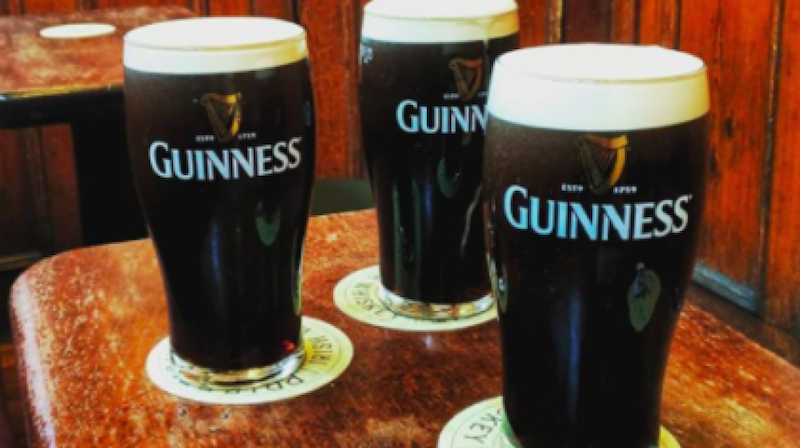A total of 26.3% of all pubs in Donegal have closed their doors since 2005.
A report from the Drinks Industry Group of Ireland (DIGI) says almost 2,000 pubs closed across Ireland since 2005, with 108 pubs closing their doors in 2022 alone.
Donegal is amongst eight counties across the country which saw more than one quarter of its pubs close in this period.
It is estimated that 119 or so Donegal pubs have closed in this period.
And the rate of decline in rural pubs has accelerated since the COVID-19 pandemic, a new analysis suggests.
The report says says while there was a decrease in pubs in every county, rural communities were the worst hit.
The largest was seen in Limerick with 32% less pubs in the county since 2005 while Roscommon saw a 30.3% drop, Cork a 29.9% drop and Laois a 29.9% drop.
A further eight counties all saw the closure of more than 25% in the number of pubs:
Offaly (28.7%)
Leitrim (28.6%)
Tipperary (28.6%)
Mayo (27.8%)
Longford (26.5%)
Donegal (26.3%)
Clare (25.7%)
Waterford (25.4%)
An average of 114 pubs a year are closing their doors across the country, rising to 152 per year since 2019.
The lowest decrease was seen in Dublin at 3.4%.
Analysis also suggests that the rate of closures has accelerated in the aftermath of COVID, with 349 pubs closing in 2020 and 2021.
The report also cites the significance of pubs to Irish tourism as providing an extensive network of facilities and services, particularly in more rural counties.
DIGI Chair Kathryn D’Arcy said the sector has to become more sustainable.
“The analysis in this report paints a stark picture of a sector that is fighting against continued decline due to a number of significant external pressures – many of which are outside of our control,” she said.
“Ireland’s excise on spirits is the third highest in Europe, our excise on wine is the highest in Europe and our excise on beer is the second highest in Europe.
“The majority of the almost 2,000 pubs cited in the report which have closed represent the closure of a small or family-run business, the loss of a livelihood and the disappearance of a high-street landmark.
“We must create a sustainable operating environment for the sector and particularly those in more rural parts of the country who are being disproportionately impacted by Government policy.”
Ms D’Arcy is calling on the Government to lower excise duties “which would make an immediate, positive difference”.
Tags:







